Exploring Life and Literature.
*Regular essays appear on Tuesdays and Book Club essays on Fridays.*
Now the goddess Dawn climbed up to Olympus heights, declaring the light of day to Zeus and the deathless gods as the king commanded heralds to cry out loud and clear and muster the long-haired Achaeans to full assembly. Their cries rang out. Battalions gathered quickly.
Dear friends,
Book 2 begins the following morning. Achilles is sulking in his tent refusing to participate in the war. Agamemnon sleeps, knowing that his army is tired of this endless war. Zeus awakens with a plan to support Thetis’ desire for revenge by secretly supporting the Trojans. But he doesn’t want to do it too openly, less Hera grows angry since she favors the Achaeans. And so Zeus uses the timeless tool of gods, the prophetic dream, to sway the course of events. Will the Achaeans continue to fight without their greatest hero alongside them, or will they run back to their ships to return home?
Zeus decides to surreptitiously support Thetis by sending a dream to Agamemnon. This dream, in the form of Nestor, is intended to persuade Agamemnon that he doesn’t need the help of Achilles to defeat the Trojans. However, Agamemnon knows his army is tired and that without their greatest warrior, the common soldiers will be reluctant to embark on a frontal assault on the city walls. The dream has convinced him to try it, but he lies to his men in a test of their courage.
Gathering the army into assembly, he tells them he has given up and that they will return home to their families. Agamemnon believes that the idea of giving up after nine long years will bring such shame on the men that they will instead charge forth to attack Troy. Much to his surprise, the army thinks differently, and, ready to return home, they flee back to their ships.
Hera observes the Achaeans fleeing and warns Athena. Not only is Athena the mentor of the legendary warrior Odysseus, but she also loves war and hates Troy. She inspires him to call the men back. Odysseus is much beloved by the men of the army. He is a skilled warrior and one of the great rhetoricians of the age. In his divinely inspired speech, he reminds them of a prophecy that will set their focus once more upon the walls of Troy.
Before they left their homes, the soothsayer Calchas told them of a water snake that had slithered to shore and devoured a nest of nine sparrows. Calchas interpreted this sign to mean that nine years would pass before the Achaeans would finally take Troy. Odysseus reminded them of their vow that they would not abandon their struggle until the city fell.
Nestor encourages Agamemnon to form the line of battle by city and clan. In this way, they fight side by side with their brothers. At this point in the story, Homer provides us with a catalog of the troops, going city by city to highlight those who have contributed to the campaign. At the end, the list of heroes is presented to remind the troops of their awesome legacy. Zeus sends a messenger to the Trojan court, warning them of the Achaean formation. The Trojan army musters under the command of Priam’s son Hector. The poet then catalogs the Trojan forces.
“The raider of cities stood there, scepter in hand, and close beside him the great gray-eyed Athena rose like a herald, ordering men to silence. All, from the first to lowest ranks of Achaea's troops, should hear his words and mark his counsel well."
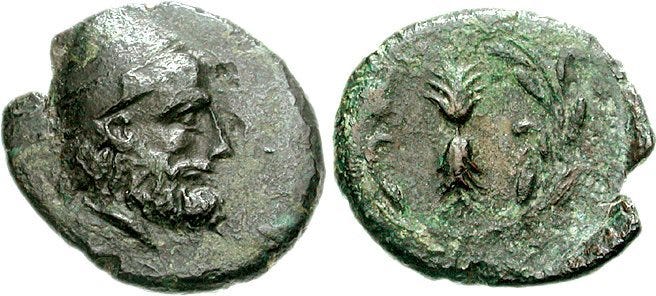
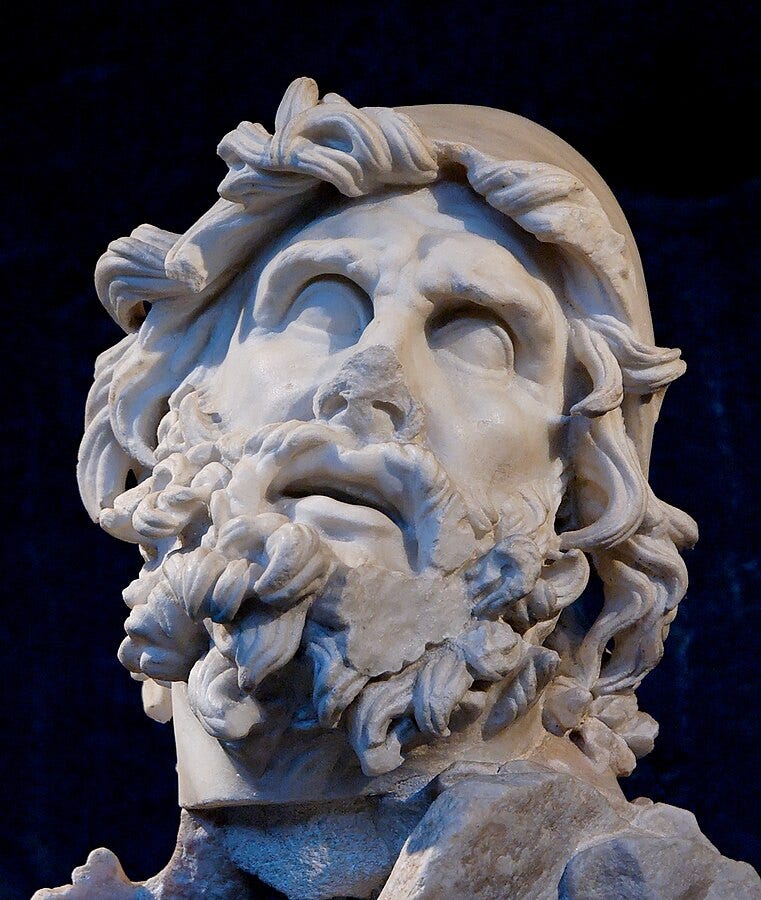
The hero of Book 2 is undoubtedly the warrior Odysseus. We often think of him in relation to The Odyssey, another of Homer’s epic poems. However, Odysseus plays an important role in The Iliad as one of the great leaders of the Achaean forces. The ancient Greeks admired those who showed their skills in battle but they also admired great thinkers and speakers. Odysseus had all those traits and was much admired by the men. When they would not listen to their king, they listened to a man they admired and respected.
In Book 2, Homer presents the monumental task of mustering the Greek forces for battle—a chapter that sets the tone for the epic's unfolding drama. Among the key figures in this episode is Odysseus, whose role showcases his unique blend of cunning, eloquence, and unyielding authority.
When Agamemnon tests the loyalty of his troops by suggesting they abandon the war and return home, the army, weary after years of conflict, eagerly seizes the idea. Chaos erupts, threatening the Greek cause before it can fully coalesce. Enter Odysseus, the steadying force in the midst of turmoil. At Athena's urging, he wields his gift of rhetoric and decisiveness to restore order.
Odysseus first confronts the soldiers head-on, wielding both persuasion and force. His ability to adapt his approach—gentle reasoning for the honorable and stern rebuke for the recalcitrant—underscores his shrewd understanding of human nature. His leadership shines here, not merely as an enforcer of discipline but as a figure who embodies the ideal of a unifying leader.
A pivotal moment comes in his handling of Thersites, the common soldier who openly challenges Agamemnon's authority. Thersites' crude complaints resonate with the weary rank and file, but Odysseus swiftly silences him with a mix of verbal derision and physical punishment. While this act may strike modern readers as harsh, it reflects the rigid hierarchies of Homeric society and the necessity of preserving unity. Odysseus’s actions serve a dual purpose: they reassert the authority of the commanders and provide a sharp reminder of the costs of dissent in the face of a monumental collective endeavor.
Odysseus's role in The Great Gathering of Armies thus encapsulates his larger thematic significance within The Iliad. He is not the mightiest warrior or the most revered leader, but his intellect and adaptability make him indispensable. His ability to read the room—whether calming an unruly mob or putting an insubordinate figure in their place—cements his place as one of Homer’s most pragmatic and effective leaders.
This chapter also provides a glimpse into the nuances of heroism in Homeric epic. Odysseus's heroism is not just about personal glory on the battlefield; it is about ensuring the survival and cohesion of the collective. His actions in Book 2 reinforce a broader truth of The Iliad: the war is as much about the interplay of human wills and personalities as it is about the clash of swords and spears.
Through Odysseus, Homer reminds us of the importance of strategy and diplomacy, even amid the chaos of war. His actions in this chapter reverberate far beyond The Great Gathering of Armies, shaping the destiny of the Greek forces and reminding us why he remains one of the epic's most enduring and complex characters.
As I read this week’s chapter a few different things popped out to me that I thought I would highlight. Let me know your thoughts on these or any others that spoke to you.
Deception. At the beginning of this chapter, there is a lot of deception going on. Zeus deceives Agamemnon in a dream. Zeus is also attempting to deceive Hera by secretly supporting Thetis. Even though Zeus is the mighty thunder god, he is terrified of his wife. Then, Agamemnon deceives the troops by telling them the opposite of his actual plans. How often do we attempt to deceive others to get our way or to hide our mistakes? Does this ever lead to a positive outcome?
The last third of the chapter is a long list. Most readers will probably find this part uninteresting. While it isn’t the most exciting part of the narrative, it is important for the original audience. This section highlights all those involved in the campaign and their important contributions, from the biggest to the smallest cities. It was a way to acknowledge those whose names might not appear in the text but who were vitally important to the campaign. In ancient storytelling and writing, using long lists of names and genealogies was a common method of establishing connections between the story and the reader.
Styles of Leadership. Here in Homer’s words we find varying styles of leadership. The gods manipulate and deceive. Agamemnon lies and coerces. Odysseus encourages and inspires. Anyone who has worked will have observed different types of leaders. Different styles can be effective in different ways but only a few inspire true loyalty. What type of leader would you like to follow?
Reading Assignment for Next Week
We will cover Book 3. In the Fagles translation, this chapter is entitled Helen Reviews the Champions and covers pages 128-144. In the Wilson translation, it is called Gifts of the Goddess and covers pages 57-74.
Beyond the Bookshelf is a reader-supported publication. If you are looking for ways to support Beyond the Bookshelf, please visit my support page and see the ways you can help continue the mission of exploring the connection between life and literature.
Until next time,


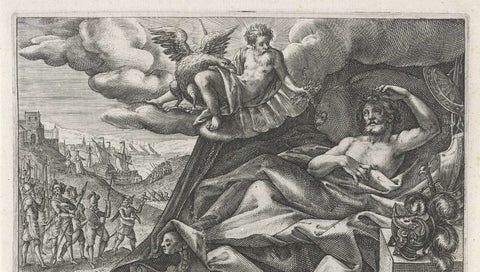


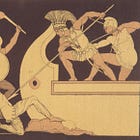




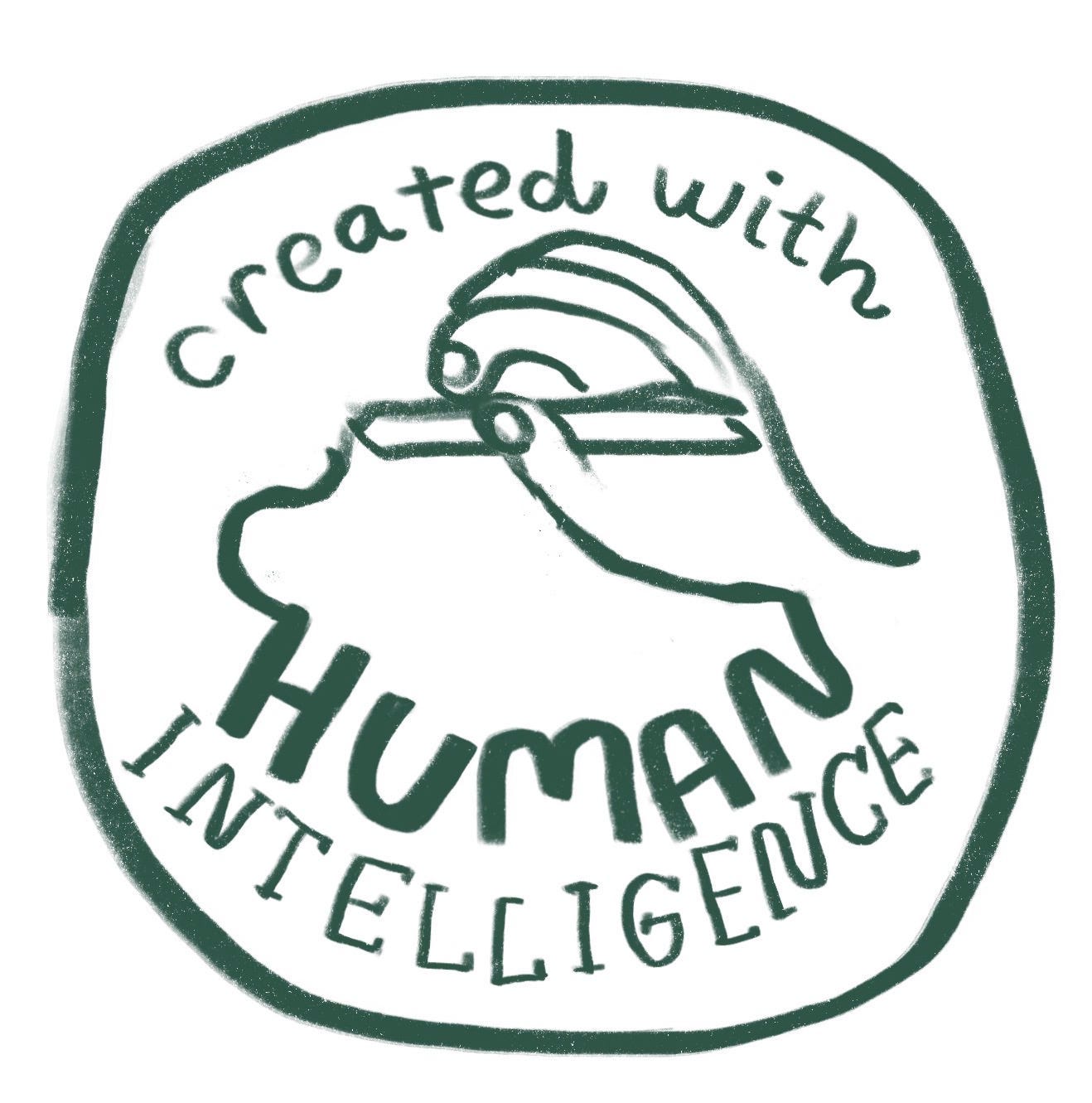
And here I am with only 6 swift ships in my golden armed command, like a chump. 🫤 I do love that no name can be written without adjectives, and I fear I will start talking like that in my daily life, lest I incur the wrath of my black-blooded boss.
While not a genealogy, the listing of all the armies did feel like some “begats” to me, probably just because we’re not as used to oral histories these days.
The beginning of this chapter always makes me think of South Park. Some authority figure will pull the Agamemnon stunt of testing the loyalty of the kids, and the response will be: "See ya", after which Stan will turn to them and give some inspirational speech meant to turn them around. Of course, not being a Homeric Epic, there will be a pregnant pause followed by Cartman saying "Screw you guys, I'm going home"